Swiss banks step up reports of suspicious activity by Saudi clients
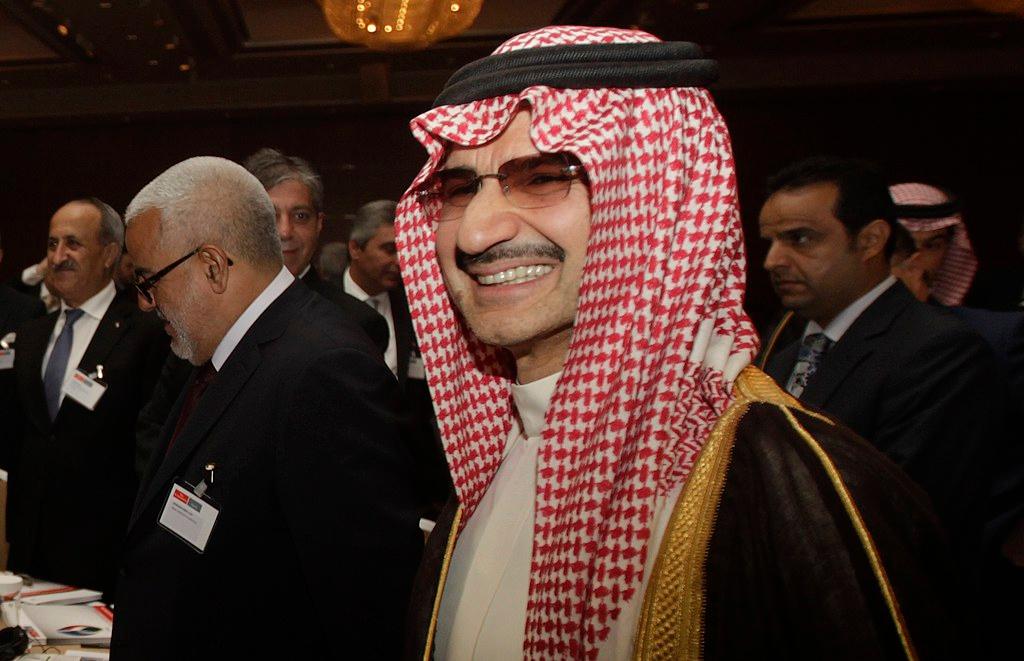
Switzerland’s banks have begun reporting suspicious account activity among some of their Saudi Arabian clients to the Swiss Money Laundering Reporting Office, part of the federal police service, according to people close to the situation.
Lawyers acting for the banks have submitted information over the past week and expect several dozen submissions to be made in total, two people involved in the process said.

More
Financial Times
External linkThe exercise reflects the banks’ nervousness about being found in breach of rules governing money laundering and corruption. It follows the arrest last month of more than 200 people, including some of Saudi Arabia’s richest businessmen and princes. They were detained at the Ritz-Carlton hotel in Riyadh as part of an anti-graft operation launched by Crown Prince Mohammed bin Salman, the kingdom’s powerful heir apparent.
While Swiss banks strive to protect client confidentiality, they are obliged to report suspect transactions. So far the account reports have not led to action by Swiss authorities, such as searches or freezing accounts.
Saudi officials must submit a formal request if they want access to the data, which is being analysed by the Swiss authorities.
“As is standard procedure, incoming information is currently being assessed,” the office of the Swiss attorney-general told the Financial Times. “At this time, criminal proceedings in this connection have not been opened.”
Swiss bankers also say they have begun to prepare cash transfers on behalf of clients, as princes and business people seek to settle allegations against them. The crown prince is seeking to recover at least $100 billion (CHF98 billion) through the crackdown in “systematic corruption and embezzlement” that took place over several decades.
The Gulf state’s regulator has asked local and foreign banks to disclose if they have credit facilities and safety deposit boxes in the names of those arrested, including billionaire Prince Alwaleed bin Talal, the media-savvy investor with stakes in companies including Citigroup and Twitter.
One person familiar with the process said the focus on Saudi accounts was similar to previous episodes regarding possible suspect funds held in Swiss accounts relating to scandals at FIFA, world football’s governing body, and Petrobras, the Brazilian oil company.
Large volumes of Saudi money are held in the Alpine country, much of it old wealth. “It’s been here for 30 or 50 years, it’s not nouveaux riches,” said the person familiar with the process.
The banks were coy about the issue. Credit Suisse said: “With regards to the recent developments in Saudi Arabia, so far there are no implications on our business, but we will continue to monitor the situation closely.” UBS declined to comment on its clients.
The Financial Times reported ten days ago that Prince Mohammed had brought in western investigators to work alongside finance ministry officials as they parse documents to analyse the extent of alleged corruption and prospective penalties. Foreign bankers have also been brought in for questioning.
© 2017 The Financial Times Ltd. Originally published at FT.comExternal link

In compliance with the JTI standards
More: SWI swissinfo.ch certified by the Journalism Trust Initiative
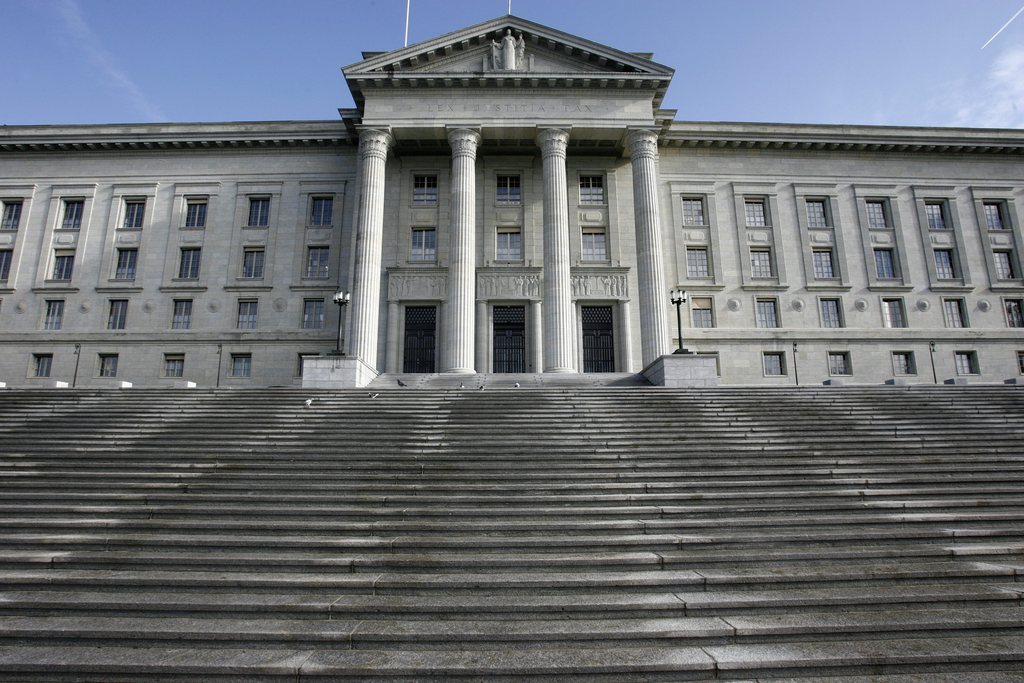
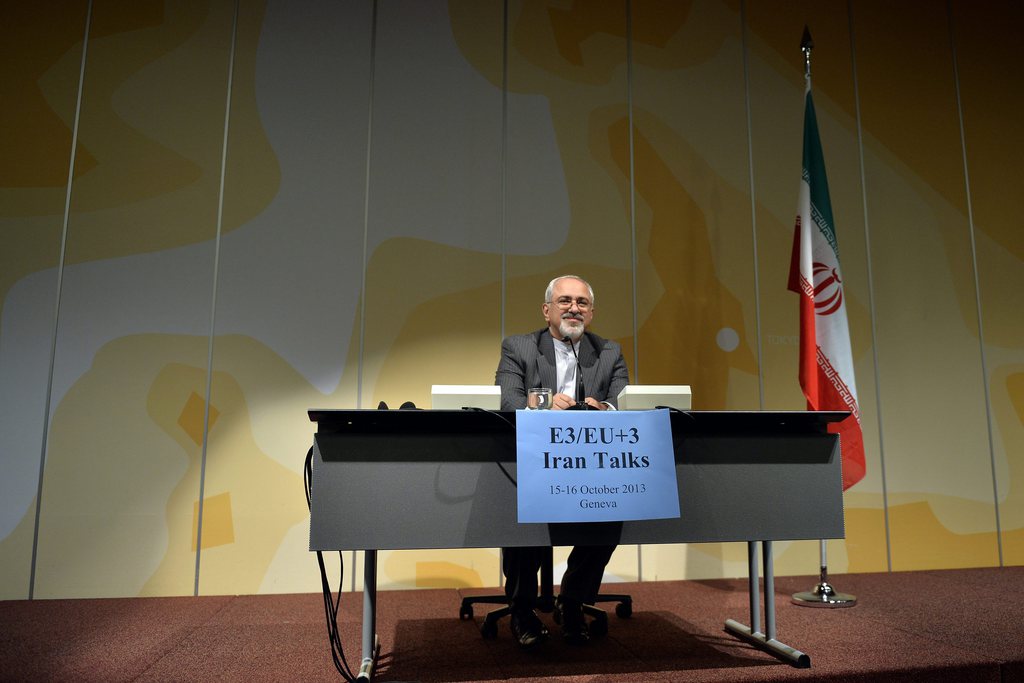
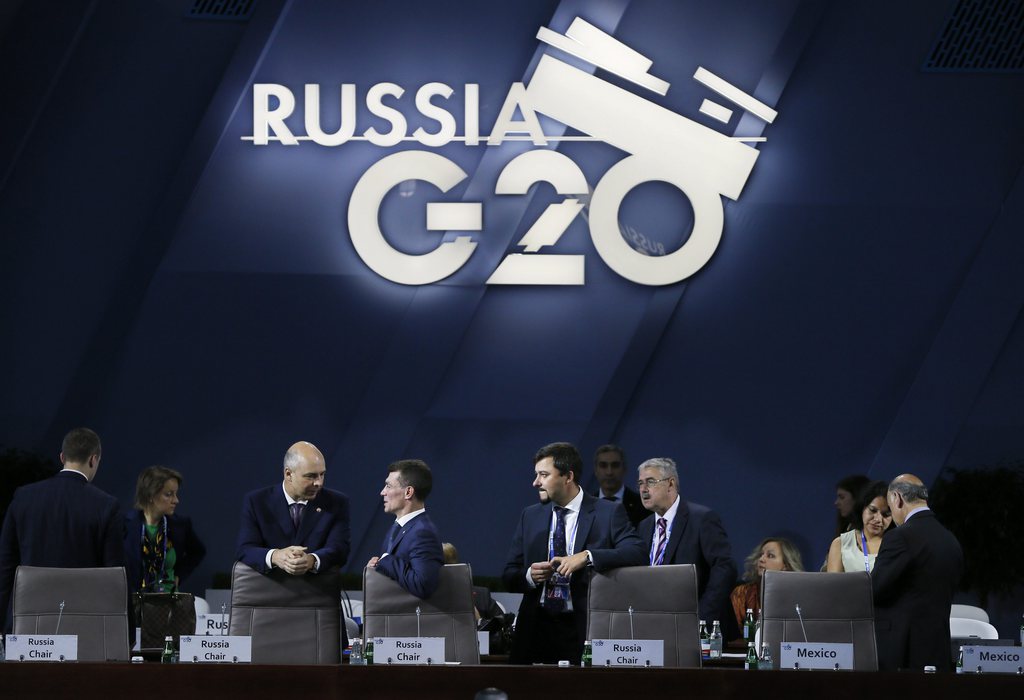
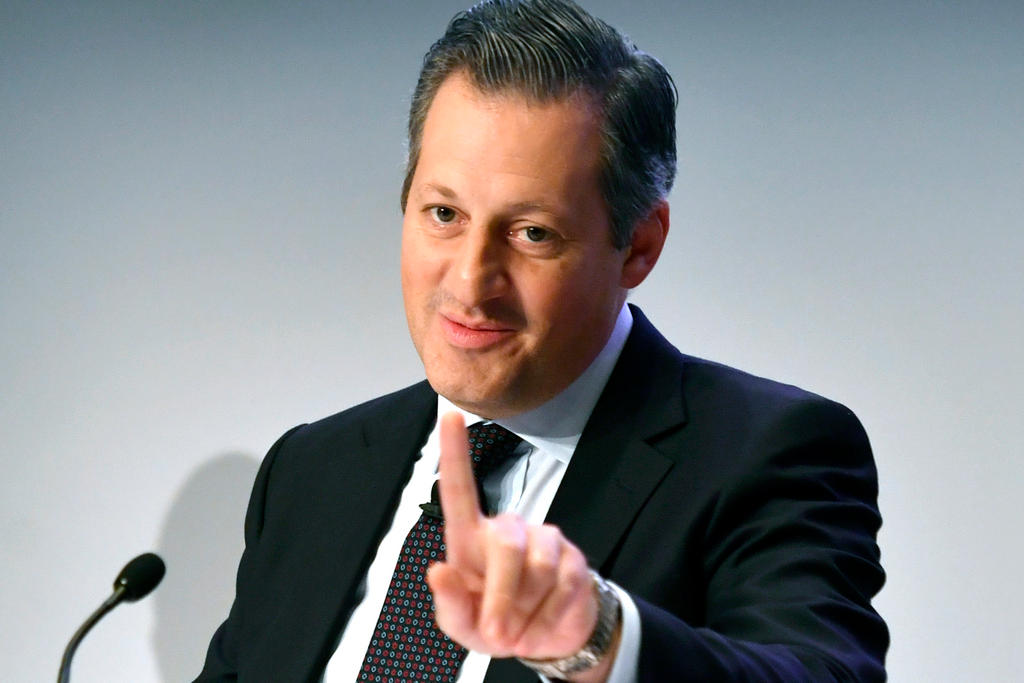
You can find an overview of ongoing debates with our journalists here. Please join us!
If you want to start a conversation about a topic raised in this article or want to report factual errors, email us at english@swissinfo.ch.